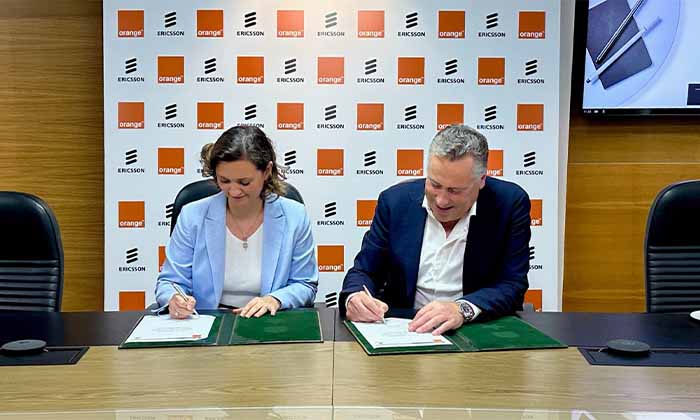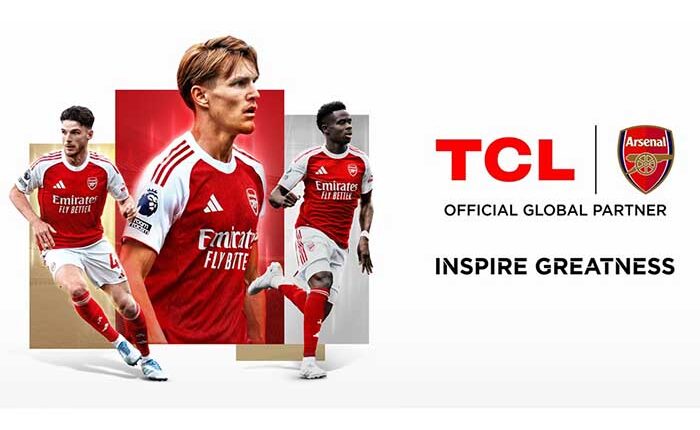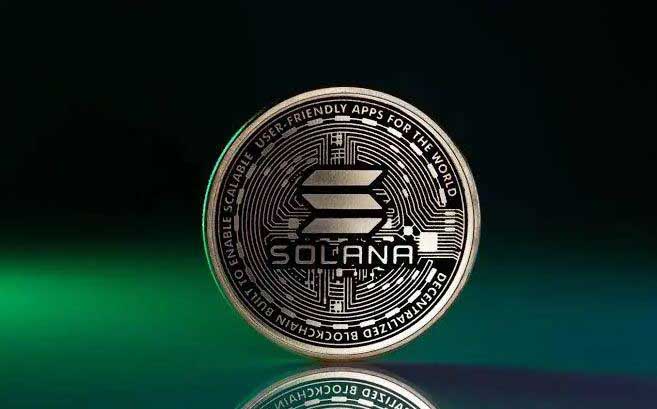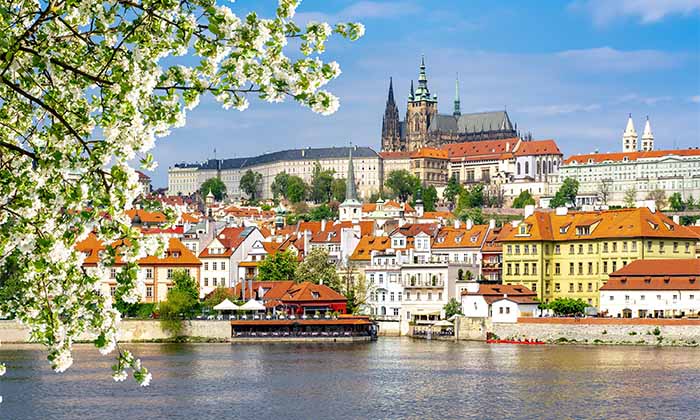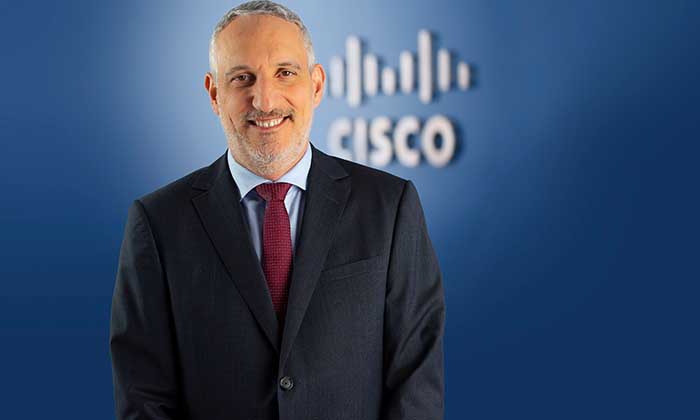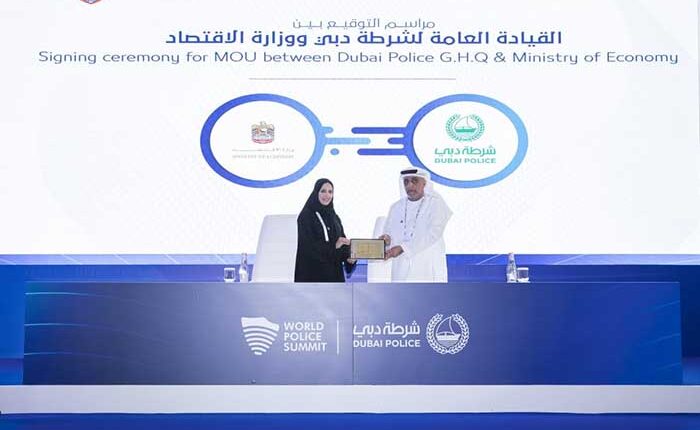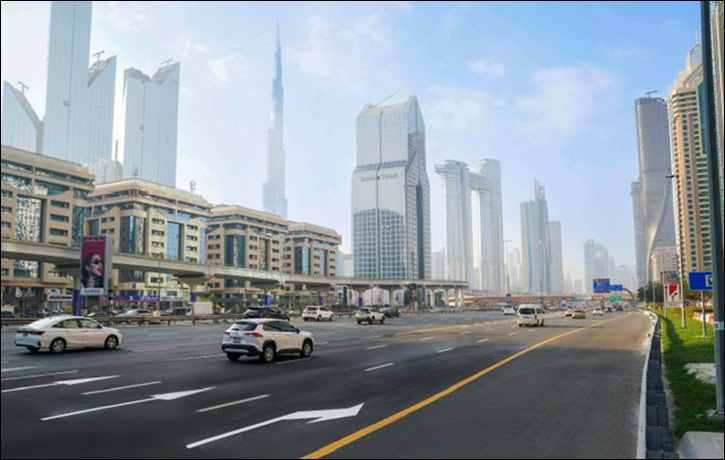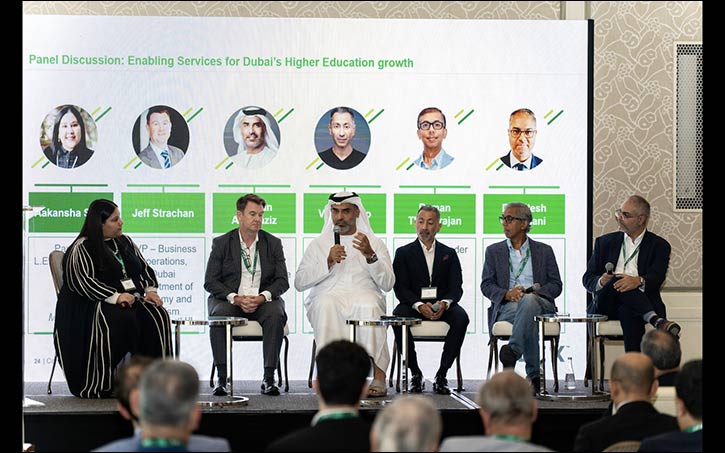Over the semester, the Fall 2021 cohort worked hard on identifying a complex problem that also was part of the Sustainable Development Goals

Abdulla Al Hammadi
Press Release
- The 15 students worked on different projects in areas of Sustainability, Societies, Health, Education, and Partnerships.
Dubai – The Master of Innovation Management programme is designed for future leaders. We challenge them in the classroom to think exponentially to help the UAE prepare itself for the next 50 years.
Over the semester, the Fall 2021 cohort worked hard on identifying a complex problem that also was part of the Sustainable Development Goals (SDGs) and found a solution for the problem. Since the Mohammed Bin Rashid School of Government (MBRSG) is part of the Principles of Responsible Management Education Network, the focus on SDGs is very important. Most of the problems the students chose were wicked policy problems – no easily identifiable solutions, multiple stakeholders, and often difficult to define. All problems needed public private partnership to solve (SDG 17).
These 15 students worked on different projects in the following areas:
- Sustainability: categorising waste, recycling e-waste, recycling solar waste, and overfishing (SDG 7 -clean energy; Goal 11 – sustainable cities; SDG 12 – responsible consumption and production; SDG 13 – climate action; SDG 14 – life below water)
- Societies: social cohesion, bullying, reducing poverty (by eliminating corruption and creating employment), harnessing tacit knowledge, Emiratization (SDG 1 - end Poverty; SDG 3 - health and well-being); SDG 8 - decent work and economic growth)
- Health: Blockchain global vaccine passports, mental health education (SDG 3 – health and well-being)
- Education: finding methods to reach children with education in Least Developing Countries, managing the gap in education levels from schools to universities, improving education using technology like augmented reality (AR) or virtual reality (VR) (SDG 4)
- Partnerships: crisis management for the Meetings, incentives, conferencing, exhibitions (MICE) industry (Goal 9 – industry, innovation and infrastructure)
Four students have been recognised for their work based on their ability to contribute to the nation, the details of their research, the feasibility of the solution, and their passion for the topic. Programme Coordinator Professor Melodena Stephens, who was also the students’ lecturer, worked with them over the semester. MBRSG uses project-based learning, which gave the students access to various workshops, allowing them to critically analyse their problem and explore international best practices. The students presented to an external stakeholder, rendering the “pitching” process more realistic.
First place went to Ms. Maryam Ahmed AlSharif for her project on ‘Social Cohesion: Building One Community at a Time’. Maryam is an accountant and head of the Youth Council at the Department of Finance. For her project, she focused on her organization, Ferjan Dubai, where she is the Co-founder. She worked on a strategy to scale up the project and to sustain an engaged community. Her plan is to work on one community at a time, scaling it across Dubai to create a unique community spirit for the city.
“While enrolled in the MIM-711 Frontiers of Innovation course, I have developed the skills to assess and evaluate different dimensions and theories, applying strategic thinking, and achieving innovative outcomes,” Maryam said. “Being trained in this course under the umbrella of innovation management has created an opportunity for me, as an Emirati, to implement strategies by tackling gaps within my community. My project, ‘Social cohesion: building one community at a time’, aims to achieve the national agenda, which aims, among other things, to build a cohesive society by establishing a strategy for the Emirati community of Dubai. This project will be implemented within the 200+ nationalities in the city and will be further scaled to all communities in the United Arab Emirates, allowing them to live in synergy, tolerance, and cohesion.”
The second prize went to Mr. Abdulla Alhammadi for his project on recycling solar energy waste. Abdulla is a mechanical engineer working at DEWA in the mechanical maintenance department at the generation division. The focus of his project was to make renewable energy truly carbon-free and sustainable when looking at production and end-of-life. He chose the topic out of a passion for renewable energy and a deep need to protect the environment against climate change. Abdulla says, “Solar PV panels produce waste at a rate higher than expected with the increasing demand of PV installation, and this is hastened due to the soiling impact and dust on PV panels due to weather. This problem, in turn, creates toxic waste from the panels.” He hopes to increase awareness on the waste of panels when installing them, furthermore by implementing policies on buying, transporting, maintaining, collecting, and disposal of PV panels to establish a circular economy that will create new markets.
The third place went to Ms. Indra PriyaDharsini Thamizhan. Indra has 20 years of experience in the Information Technology sector, across various geographies and different domains like Insurance, Investment banking, commercial banking, and retail. She is the Projects Director in the Middle East, handling digital transformation projects for Tata Consultancy Services Ltd (TCS), the largest IT service provider in the world in terms of market capitalization. This background in IT projects led her to look at e-waste, the fastest growing waste stream in the world. It is critical from health (highly toxic), sustainability (no correct way of disposal, much of e-waste is exported), and an economic point of view (recovery of rare earth metals will prevent exploitation of mineral resources). Indra says, “the opportunity to do a Masters in Innovation Management at MBRSG will help me learn the framework and develop skills which will eventually support me in managing/framing/creating innovative strategies for organizations.”
Fourth place went to Ms. Aisha Al Ali, who works as a Specialist in Information Technology at Dubai Future Foundation. Aisha has close to nine years in various government sectors. Her project of focus was about accelerating the transition to an e-learning system in the Least Developed Countries. The pandemic exacerbated the education gap, especially as many countries do not have the infrastructure and e-teaching tools. Her strategy focussed on enhancing the collaboration between the private and public sectors and the role UAE could play to find innovative solutions and co-create the future for humanity in Africa. Aisha says, “The innovation programme offered by the Mohammed Bin Rashid School of Government introduces corporate methodologies and fosters a culture of innovation to enhance the region’s capacity for effective public policy. The Frontiers of Innovation course helps us improve our research, writing, and analysis skills to become better problem solvers and easily tackle complex projects in alignment with government and public policies. In addition, the programme connects us to numerous professionals and classmates who come from different backgrounds and we work with professors who are industry leaders, providing real-world knowledge through their valuable networks.”
Project-based learning enhances critical thinking and future skills. These are much needed to solve the unknown challenges of tomorrow. MBRSG is one of the first universities to embrace this type of pedagogy in the UAE in the Master’s programme, as well as the first Arab institution focussing on public policy and good governance in the region.
-Ends-
